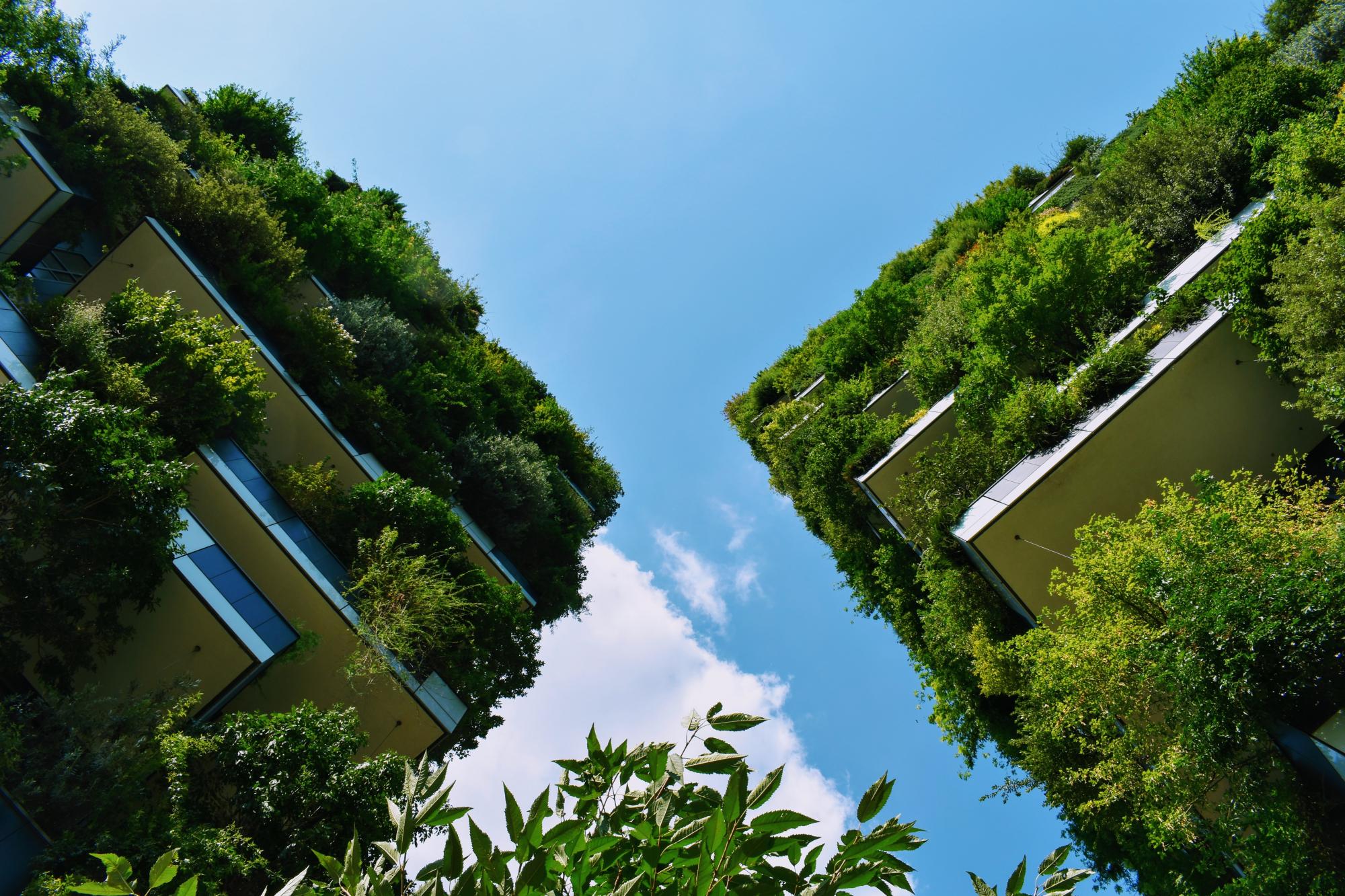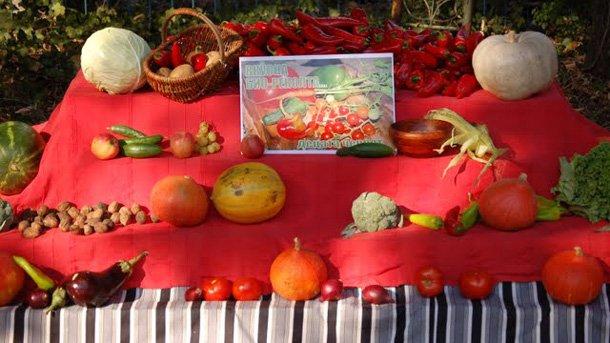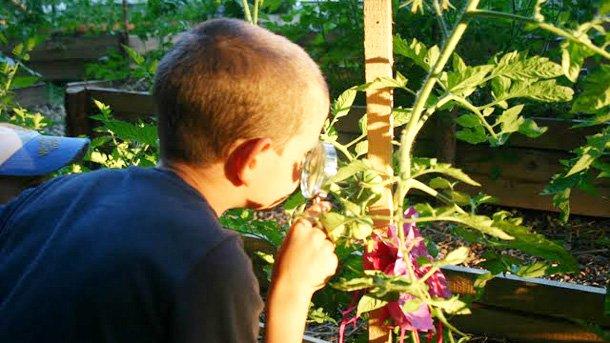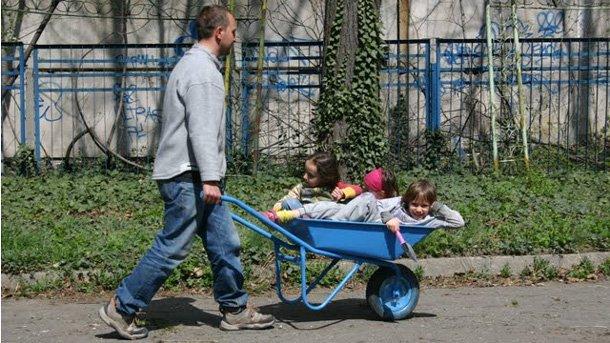Last updated: August 2022
A pilot educational garden was created by Foundation Zaedno in Sofia in 2011 in the city kindergarten Slaveyche. The initiative was carried out with the financial support of Charles Stewart Mott Foundation and volunteers. The aims of the garden were to turn a derelict site into an attractive place for learning about and practicing gardening, playing games, learning about healthy nutrition, conservation, and promoting the creation of other Delicious Bio-Gardens. The garden has herbs, vegetables, and a rainwater harvesting system. Events connected to this initiative were taking place till 2013-14 (Ref. 1; Ref. 2; Ref. 4)
Overview
Nature-based solution
- Community gardens and allotments
- Community gardens
- Grey infrastructure featuring greens
- Green playgrounds and school grounds
Key challenges
- Green space, habitats and biodiversity (SDG 15)
- Green space creation and/or management
- Regeneration, land-use and urban development
- Promote natural styles of landscape design for urban development
- Water management (SDG 6)
- Stormwater and rainfall management and storage
- Health and well-being (SDG 3)
- Enabling opportunities for physical activity
- Creation of opportunities for recreation
- Social justice, cohesion and equity (SDG 10)
- Social cohesion
- Social interaction
- Environmental education
- Sustainable consumption and production (SDG 12)
- Sustainable production
Focus
Creation of new green areas, Transformation of previously derelict areas, Knowledge creation and awareness raising
Project objectives
- Transform a derelict site in the kindergarten's backyard into an attractive garden
- Create an outdoor classroom for educating children and adults (parents and kindergarten staff) about gardening, conservation, and healthy nutrition
- Promote a positive and conscious attitude towards the environment and healthy nutrition
- Provide "creative" environmental education by allowing children and adults to learn by growing their own produce
- Create a place for recreation and play
- Promote the creation of other Edible Gardens in Sofia
- Form a community of friends that take care of the garden together, and in this way help parents to spend more time with their children
(Ref. 1; Ref. 2)
Implementation activities
- The team of Foundation Zaedno, children from the kindergarten, and parents, created the garden - Organic humus from Californian worms was used
- The garden includes herbs, vegetables, and a rainwater harvesting installation
- An instruction manual for creating Delicious Bio-Gardens was produced
- The children were given magnifying glasses to study how quick the vegetables grow and what the leaves of different vegetables look like
- All lessons start and end with games
(Ref. 1; Ref. 2; Ref. 3; Ref. 8)
Main beneficiaries
- Public sector institution (e.g. school or hospital)
- Citizens or community groups
- Young people and children
Governance
Management set-up
- Led by non-government actors
Type of initiating organisation
- Public sector institution
- Non-government organisation/civil society
- Other
Participatory approaches/ community involvement
- Dissemination of information and education
- Joint implementation (e.g. tree planting)
- Co-management/Joint management
- Citizen science
Details on the roles of the organisations involved in the project
The project was initiated by Foundation Zaedno. It was implemented by the foundation's team together with children from Kindergarten 93 - Slaveyche and their parents. The intervention was financed by the Charles Steward Mott Foundation. Partners and supporters of the project are Budeshte Sega Library, Slow Food Bulgaria, Bulgarian Association of Bioproducers, the Parents' Board of Trustees St. Mina, Bio-Dynamic Farm Kushtata s Bambuka, Bio-Farm Malo Peshtene.
(Ref. 1; Ref. 3; Ref. 6)
Project implemented in response to ...
... an EU policy or strategy?
Unknown
... a national policy or strategy?
Unknown
... a local policy or strategy?
Unknown
Financing
Total cost
Less than €10,000
Source(s) of funding
- Private Foundation/Trust
Type of funding
- Donations
Non-financial contribution
Type of non-financial contribution
- Provision of land
- Provision of labour
- Provision of expertise
- Exchange of services
Who provided the non-financial contribution?
- Citizens (e.g. volunteering)
- Other
Impacts and Monitoring
Environmental impacts
- Environmental quality
- Improved soil quality
- Water management and blue areas
- Improved stormwater management
- Green space and habitat
- Increased green space area
- Increased conversion of degraded land or soil
- Reduced biodiversity loss
- Increased number of species present
- Restoration of derelict areas
Economic impacts
- Unknown
Socio-cultural impacts
- Social justice and cohesion
- Improved social cohesion
- Increased opportunities for social interaction
- Increased involvement of locals in the management of green spaces
- Increased access to healthy/affordable food
- Increased sustainability of agriculture practices
- Health and wellbeing
- Gain in activities for recreation and exercise
- Cultural heritage and sense of place
- Improvement in people’s connection to nature
- Increased sense of place identity, memory and belonging
- Increased appreciation for natural spaces
- Education
- Increased support for education and scientific research
- Increased knowledge of locals about local nature
- Increased awareness of NBS and their benefits
Type of reported impacts
Achieved impacts
Presence of formal monitoring system
Unknown
Presence of indicators used in reporting
No evidence in public records
Presence of monitoring/ evaluation reports
No evidence in public records
Availability of a web-based monitoring tool
No evidence in public records
References
Ref. 1. Source link (2011). ВКУСНАТА БИО-ГРАДИНКА 2011 - пилотен проект. [online] available at: Source link [Accessed 8 September 2020].
Ref. 2. Source link (2011). Първата вкусна био-градинка в София - сезон 2011. [online] available at: Source link [Accessed 8 September 2020]
Ref. 3. BNR (2011). Вкусната биоградинка - алтернативно образование за най-малките. [online] available at: Source link [Accessed 8 September 2020]
Ref. 4. Source link (2014). Вкусните образователни био-градинки на България. [online] available at: Source link [Accessed 8 September 2020]
Ref. 5. Source link (2011). Вкусната био-градинка: алтернативно образование за най-малките, 2011. [online] available at: Source link [Accessed 8 September 2020]
Ref. 6. Фондация ЕкоОбщност (2011). Програма „Място за живот 2011”. [online] available at: Source link [Accessed 8 September 2020]
Ref. 7. Source link (2012). “Вкусните градинки – уроци от Природата за всички” 2012 проект за създаване на 10 вкусни градинки в София. [online] available at: Source link [Accessed 8 September 2020]
Ref. 8. Lunen 2011 (2013). Наръчник "Вкусните градинки - уроци от природата за всички". [online] available at: Source link [Accessed 8 September 2020]
Ref. 2. Source link (2011). Първата вкусна био-градинка в София - сезон 2011. [online] available at: Source link [Accessed 8 September 2020]
Ref. 3. BNR (2011). Вкусната биоградинка - алтернативно образование за най-малките. [online] available at: Source link [Accessed 8 September 2020]
Ref. 4. Source link (2014). Вкусните образователни био-градинки на България. [online] available at: Source link [Accessed 8 September 2020]
Ref. 5. Source link (2011). Вкусната био-градинка: алтернативно образование за най-малките, 2011. [online] available at: Source link [Accessed 8 September 2020]
Ref. 6. Фондация ЕкоОбщност (2011). Програма „Място за живот 2011”. [online] available at: Source link [Accessed 8 September 2020]
Ref. 7. Source link (2012). “Вкусните градинки – уроци от Природата за всички” 2012 проект за създаване на 10 вкусни градинки в София. [online] available at: Source link [Accessed 8 September 2020]
Ref. 8. Lunen 2011 (2013). Наръчник "Вкусните градинки - уроци от природата за всички". [online] available at: Source link [Accessed 8 September 2020]
https://bnr.bg/radiobulgaria/post/100231250/vkusnata-biogradinka-alternativno-obrazovanie-za-nai-malkite
https://bnr.bg/radiobulgaria/post/100231250/vkusnata-biogradinka-alternativno-obrazovanie-za-nai-malkite




